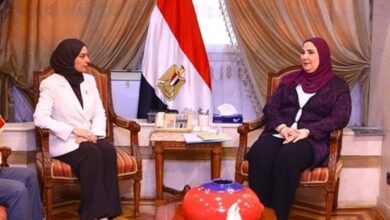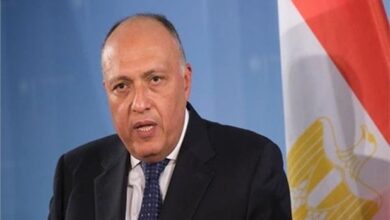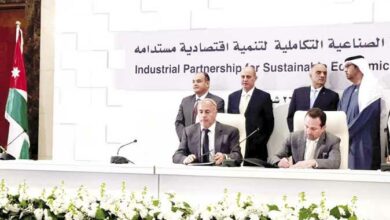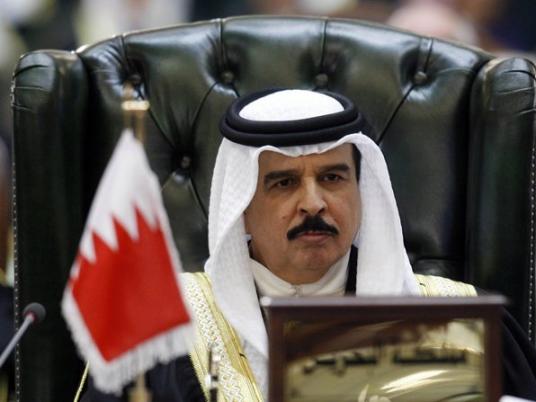MANAMA – A massive police force blocked protesters trying to march to Bahrain's capital on Friday, witnesses said, a day before a key by-election to fill parliamentary seats vacated by opposition leaders in protest at the crushing of popular unrest in March.
There were no immediate reports of violence or arrests.
Bahrain's Shiite Muslim majority took to the streets of Manama in February seeking more access to jobs and a greater say in government but a brutal crackdown and martial law ended the protest wave. Conciliatory gestures by the Sunni Muslim-led government followed but have yielded no agreements.
Saudi Arabia and the United Arab Emirates sent in 1,500 troops to help suppress the unrest in Bahrain, a strategically important Gulf island off the coast of the oil-producing Saudi Eastern Province and home to the biggest US military presence in the region, the US Navy's Fifth Fleet.
More radical elements of the opposition have tried several times to march back into the capital recently, and Friday's attempt appeared to be the largest yet, witnesses said.
But police barred their way including roads to the Sanabis area and Bahrain Financial Harbour, which flank the central roundabout that was the epicenter of protests seven months ago.
There were no reports of violence or arrests.
Protests have also flared nightly in smaller villages where many Bahraini Shiites live.
Elections for 18 of the 40 seats in parliament will be held on Saturday to replace opposition deputies who quit in anger over the crackdown, in which at least 30 people were killed, more than 1,000 arrested and allegations of torture were rife.
The opposition is boycotting the vote, saying that the government has not done enough to address their grievances.
Separately, Human Rights Watch said the United States should delay a planned arms sale to Bahrain until the Gulf kingdom takes meaningful steps to address human rights violations during and since the crackdown on public dissent.
The planned sale includes armored Humvee vehicles and missiles worth US$53 million, HRW said.
"It will be hard for people to take US statements about democracy and human rights in the Middle East seriously when, rather than hold its ally Bahrain to account, it appears to reward repression with new weapons," Maria McFarland, deputy Washington director at HRW, said in a statement.
Bahrain has sought to defuse international criticism over its handling of the unrest by launching a national dialogue and inviting and funding a high-profile panel of lawyers to investigate claims of rights abuses.
The dialogue was seen by many activists and observers as a charade and the fact-finding mission was undermined by a series of gaffes by its chairman Cherif Bassiouni, who seemed to have pre-judged the inquiry's outcome, due in late October.
"In fact Bahrain has taken no meaningful steps toward accountability," McFarland said. "And Bahrain's rulers will have little reason to really reform so long as their main international ally resumes arms sales as if the situation were back to normal."
The Bahraini government has acknowledged there were cases of abuse, but says there was never any systematic use of excessive force against demonstrators or detainees.




